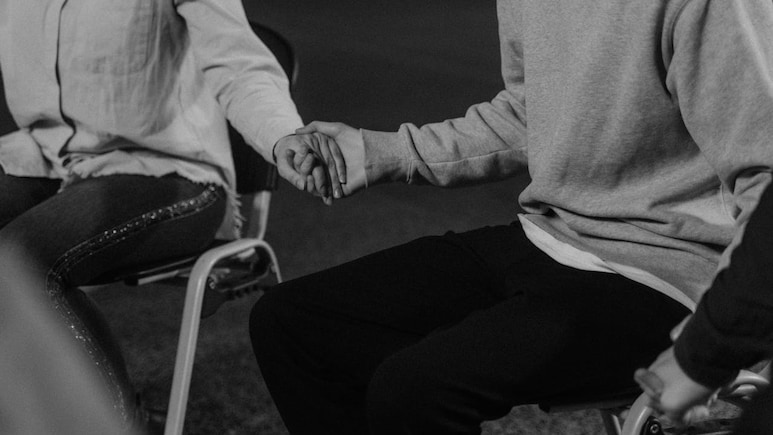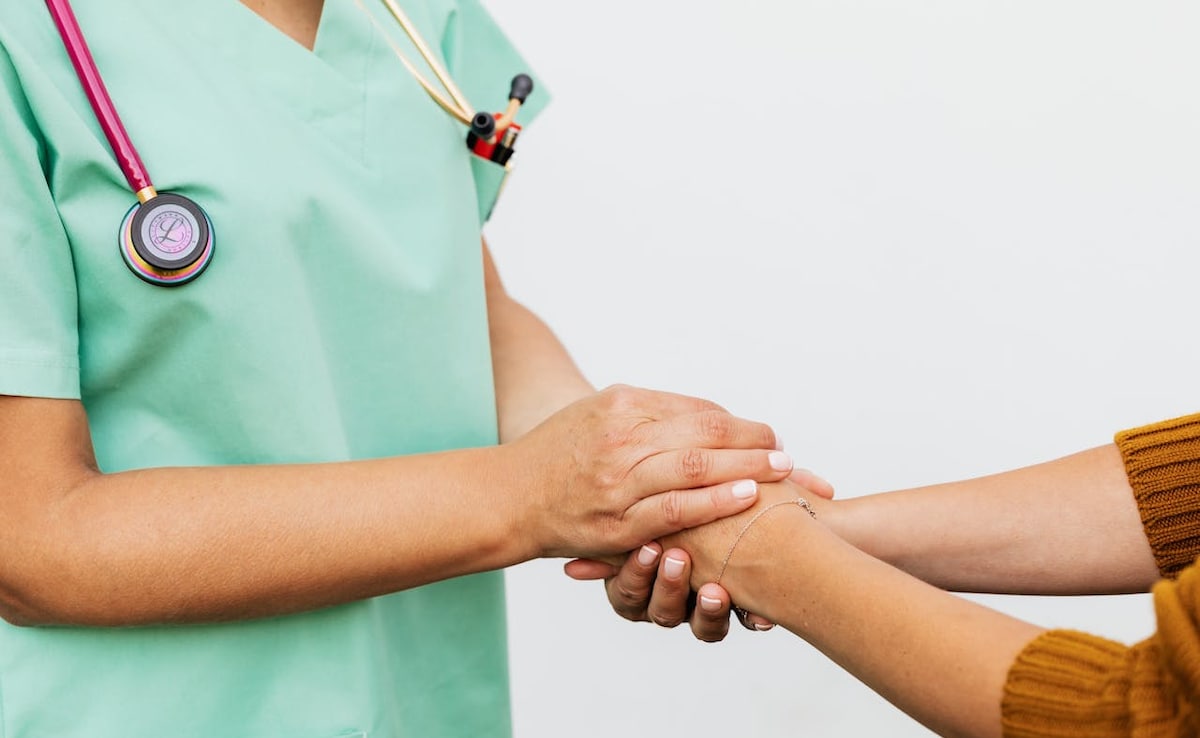
Every year, more than 700,000 people die by suicide worldwide, making it one of the leading causes of death across age groups, according to the World Health Organization (WHO). In India, suicide rates are higher than the global average, and the most vulnerable are young adults between 15 and 29 years. Behind these stark numbers are stories of distress, stigma, and often, silence. World Suicide Prevention Day 2025 calls for renewed attention to the theme of awareness, early support, and resilience-building. As India's Mental Healthcare Act, 2017 reminds us, suicide attempts are no longer seen as criminal acts but as a public health concern requiring compassion and care.
To understand how India can better prevent suicides, NDTV spoke with Dr. Pallavi Sharma (MD Psychiatry), Fortis Escorts New Delhi. With years of clinical experience, she emphasizes the need for society, families, institutions, and the media to work together in making mental health support mainstream. "Suicide prevention is not just the responsibility of doctors; it requires a collective cultural shift towards empathy, awareness, and early action," says Dr. Sharma.
Why Suicides Happen: Complex Causes
"Several factors contribute to the rising suicide and mental health concerns in India today," explains Dr. Sharma. "Untreated mental disorders such as depression and substance use disorders, especially alcohol use, are significant contributors, often worsened by lack of awareness and pervasive stigma."
She adds that acute stressors like financial struggles, relationship breakups, loneliness, and chronic illness play a major role, as do social issues such as discrimination, violence, and abuse. Many suicides, she warns, are also impulsive decisions in moments of crisis.
India's young population is particularly at risk. "Youth face immense pressure from academic expectations, amplified by social media, coupled with professional stress," says Dr. Sharma. Easy access to lethal means, like pesticides, further worsens the crisis.
From a sociological lens, she draws on Emile Durkheim's suicide theory, noting that egoistic (alienation), altruistic (self-sacrifice for group), and anomic (societal upheaval) suicides remain relevant in today's context.
Early Warning Signs: What Families Should Watch For
According to Dr. Sharma, families and friends are often the first line of defense. "Marked changes in behaviour such as withdrawal from social interactions, mood swings, and increased irritability are red flags," she says. Expressions of hopelessness, talking about death, or giving away possessions also need urgent attention.
Other signs of suicidal thoughts include substance abuse, risky behaviours, unexplained calmness after distress, or declining performance at work or school. "Being vigilant for these signs can enable early support and intervention, potentially saving lives," she emphasizes.

Coping Skills For Stressful Times
For working professionals, Dr. Sharma recommends building resilience through problem-solving, emotional regulation, and maintaining healthy routines. "Proper sleep, balanced nutrition, and avoiding harmful coping mechanisms like alcohol are crucial," she advises.
Instead, she highlights meditation, yoga, physical activity, and creative outlets as healthier options. "Coping skills are not quick fixes; they take consistent practice, but once nurtured, they become powerful tools to sustain long-term mental well-being."
Schools, Colleges, And Workplaces: Key Intervention Hubs
Citing WHO's guidance, Dr. Sharma notes: "Promoting mental health requires a multisectoral approach, which includes accessible counselling services, gatekeeper training for teachers and HR professionals, and life-skills programs that emphasize emotional regulation."
She advocates for regular awareness campaigns and even biannual mental health screenings in schools and colleges, just like physical health check-ups. "Collaboration with psychiatrists, psychologists, and crisis helplines can ensure timely intervention," she says.
The Role Of Doctors And Media
Doctors, according to Dr. Sharma, are crucial in normalizing conversations around mental health. "By integrating mental health checks into routine care and modelling help-seeking behaviour, doctors can break stigma at the ground level," she explains.
Media, meanwhile, has enormous influence. "Irresponsible reporting with sensational details can inadvertently trigger copycat suicides," she warns. Instead, she recommends following WHO's Preventing Suicide: A Resource for Media Professionals, which emphasizes highlighting survivor stories, resilience, and recovery.
Therapy, Counselling, And Digital Tools
Digital platforms, boosted during the pandemic, are transforming suicide prevention. "Mobile apps, helplines, and online therapy have increased accessibility, especially in underserved areas," notes Dr. Sharma.
She cautions, however, that digital tools work best when combined with in-person care. "Psychological first aid can also be practiced anywhere," she adds. "Look for warning signs, listen with empathy, and guide the person to professional help. These simple steps can provide immediate relief and even save lives."
A Shared Responsibility
World Suicide Prevention Day is a reminder that suicide is preventable. Evidence shows that awareness, timely intervention, and collective societal responsibility can save lives. As Dr. Sharma concludes: "Together, doctors, families, schools, workplaces, and media can cultivate empathy and make mental health support mainstream. Seeking help is not weakness-it is strength."
Disclaimer: This content including advice provides generic information only. It is in no way a substitute for a qualified medical opinion. Always consult a specialist or your own doctor for more information. NDTV does not claim responsibility for this information.
World Health Organization. (2023). Suicide worldwide in 2019: Global health estimates.
National Crime Records Bureau (NCRB). (2023). Accidental Deaths & Suicides in India.
Government of India. (2017). Mental Healthcare Act, 2017.
International Association for Suicide Prevention. (2024). World Suicide Prevention Day: Creating Hope Through Action.
| Helplines | |
|---|---|
| Vandrevala Foundation for Mental Health | 9999666555 or help@vandrevalafoundation.com |
| TISS iCall | 022-25521111 (Monday-Saturday: 8 am to 10 pm) |
| (If you need support or know someone who does, please reach out to your nearest mental health specialist.) | |
Track Latest News Live on NDTV.com and get news updates from India and around the world

